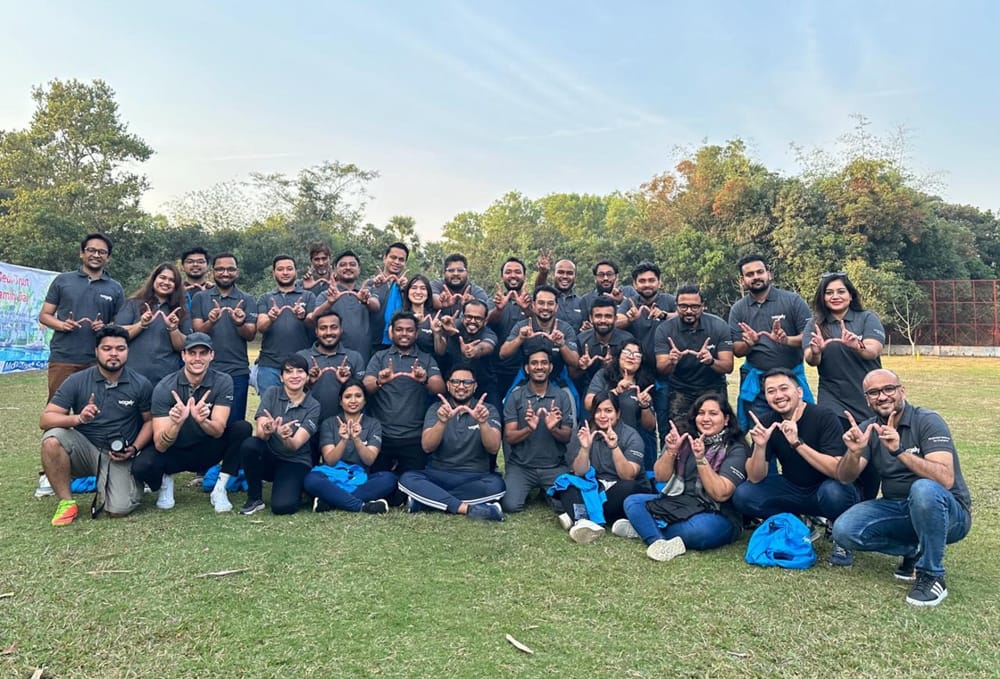
Wagely, the financial wellness platform that allows workers to access their pay after each workday, announced that it has secured $23 million in new funding amidst the current funding drought as the company surpasses more than one million salary disbursements since its inception.
Wagely allows workers to better manage their money by letting them access their pay after each workday. It is offered free to employers who then provide it as an optional benefit to employees. Wagely also allows users to track their salary and access financial literacy resources, empowering workers to not only mitigate financial stress but also to move closer to financial freedom. Wagely currently has a presence in both Indonesia and Bangladesh.
In 2023 alone, Wagely says it has disbursed over US$25M in salaries, processing close to one million transactions and being accessible by 500,000 workers, making it the leading financial wellness service in the region poised for continuous growth.
The latest funding round comprises a mix of equity and debt financing.
Capria Ventures, a Global South specialist venture capital firm investing in applied Generative AI, is leading the equity portion along with existing investors' participation. The round is further accompanied by a significant contribution from a notable private debt fund aimed at expanding Wagely's core EWA service in Indonesia and Bangladesh.
This collective investment underscores strong confidence in Wagely's potential to enhance financial wellness in these key markets.
Dave Richards, Managing Partner, Capria Ventures, said, “The wagely team has demonstrated excellent execution with impressive growth in providing a sustainable and win-win financial solution for underserved blue-collar workers and employers. We see a huge opportunity for wagely to apply Generative AI across multiple use cases, such as automated document processing and local language conversational interfaces for workers to make better financial decisions.”
As many as 75% of the nearly 195 million workers in Indonesia and Bangladesh navigate financially challenging situations, relying on each paycheck to make ends meet.
Lack of access to conventional financial services leaves a significant number of workers without the necessary financial tools and support to help improve their financial well-being.
